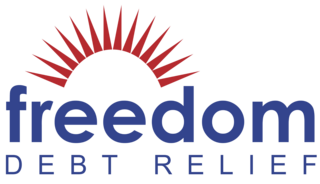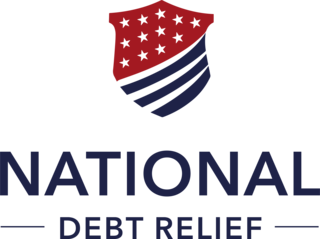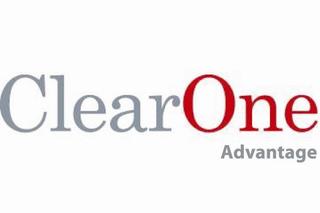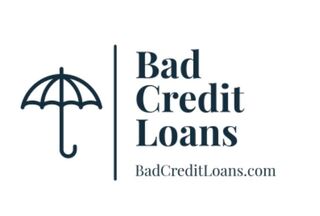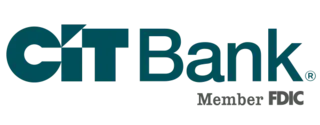New Study Proves Saving Money Really Does Boost Your Mental Health
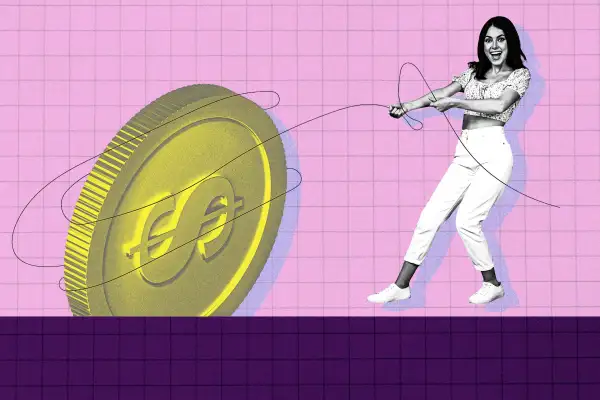
New research from the University of South Australia, or UniSA, suggests that building smart money habits may do more than improve your financial health — it can also significantly boost your mental well-being.
The study analyzed data from more than 17,000 people and found that those who reported managing their money well, including saving money regularly and paying off credit cards on time, tended to have not only better mental health, but also more energy, closer relationships and greater overall well-being.
That might not come as a huge surprise to anyone who's ever felt the weight of money stress. Living paycheck to paycheck, losing control of your debt balances or feeling like you're one emergency away from derailing your savings is exhausting — and over time, it can take a toll on your mental health.
2 key money moves to help improve your mental health
UniSA's research found that regularly saving money and paying down debt is associated with noticeably better mental health. On the flip side, people who struggle to manage their finances tend to face greater emotional challenges, especially when compounded by cost-of-living pressures or existing financial strain. Both factors can take a serious toll on mental well-being.
Money is one of the primary sources of stress for most U.S. adults. Surveys consistently show that financial concerns top the list of what keeps people up at night. A recent study from Empower found that Americans spend nearly four hours a day thinking about money — everything from bills and rising prices to housing costs, debt and retirement savings. That’s the mental equivalent of taking on a part-time job you never applied for.
That kind of mental load adds up. And over time, it can seriously wear you down.
“We aren't very open about our financial realities, and in our culture, we associate having debt with low willpower or poor decision-making, rather than recognizing it as a means to an end or the best decision someone could make in a tough moment,” says Lindsay Bryan-Podvin, a financial therapist and founder of Mind Money Balance. “That debt stigma makes it hard for people to be compassionate toward themselves.”
But reframing the way you think about money — and taking even small steps to improve your financial health — can help ease both emotional and financial burdens.
The UniSA study highlights two key strategies that finance experts say can positively impact your mental health:
Paying down debt
Dealing with debt can take a psychological toll, especially with the pressure to meet certain financial milestones at various stages of life. UniSA's research emphasizes that while financial hardship can be deeply disheartening, it also hampers long-term economic prospects. People may become reliant on borrowing for basic needs or miss out on opportunities to grow their wealth through other investments.
"That’s why healthy financial behavior is important to build stability and long-term security, allowing goal achievement, independence and access to opportunities, as well as reduced stress and good mental health," Rajabrata Banerjee, professor of applied economics and member of UniSA’s Center for Markets, Values and Inclusion, notes in the study.
Still, even just small steps toward tackling debt can help you regain control of your finances.
“Every time we take action toward improving our financial well-being, we prove to ourselves that we have the capacity and the necessary skill set to handle money,” says Bryan-Podvin. “It's OK if it doesn't go according to plan. Instead of giving up, any amount of progress toward paying down debt or building up savings should be celebrated.”
If you’re feeling overwhelmed, start by listing out your balances. Write down everything that you owe, along with interest rates, minimum payments and due dates. Seeing it all laid out can help you grasp what you're dealing with and organize a plan. A common strategy is to prioritize the balance with the highest interest rate first (also known as the avalanche method) since that’s the one costing you the most over time.
Next, consider revisiting your budget. If keeping up with minimum payments has started to feel unsustainable, adjusting your budget could help you reprioritize your spending and make room for debt repayment.
It can also be helpful to automate payments where possible. Setting debt payments on autopay allows you to stick to a long-term plan without having to devote brain space to it each month. This way, you can set it and forget it. If your due dates fall too closely together, you can also ask your lender to shift one. But keep in mind it may take a billing cycle to kick in.
Overall, paying down debt is about making a mindset shift and learning not to associate it with the shame that often comes with owing money.
“When we assign moral superiority to things like saving, it can create pressure and shame,” says Bryan-Podvin. “Add in rising costs and unstable incomes, and that pressure becomes a chronic stressor.”
Building up your savings
Saving money can feel like a massive to-do when you’re already stretched thin. But the UniSA study highlights how even setting aside a small amount each month can help you start a healthy habit while prioritizing your mental health.
“Instead of telling yourself, ‘I should have more saved by now,’ shift to, ‘I'm working on saving $25 per week in a high-yield savings account,’” says Bryan-Podvin. Shifting your perspective can bring a sense of relief while you make progress.
A good place to begin is by opening a high-yield savings account, or HYSA. These accounts typically offer significantly higher interest rates compared to traditional savings accounts. Currently, some of the best HYSAs are offering APYs as high as 4.30%. If you’re trying to grow your emergency fund or just get in the habit of setting money aside, a HYSA can help your savings grow faster than in your checking account or standard savings account.
Once your account is set up, consider automating your savings. You can schedule automatic transfers from your checking account to your HYSA, even if it's just $25 a week, as Bryan-Podvin suggests. Automating your contributions helps you save consistently without having to think about it or summoning the mental energy to press "Transfer."
It's also important to set realistic goals. Set small, incremental goals instead of putting pressure on yourself to save a ton of money all at once. For instance, aim to save $500 and then $1,000 (but in a realistic timeframe for your budget). Hitting these targets will motivate you to keep saving at a rate that feels manageable.
More from Money:
Best Banks for High-Yield Savings Accounts for 2025
You Might Be Overestimating How Much Money You Need to Save for Retirement
